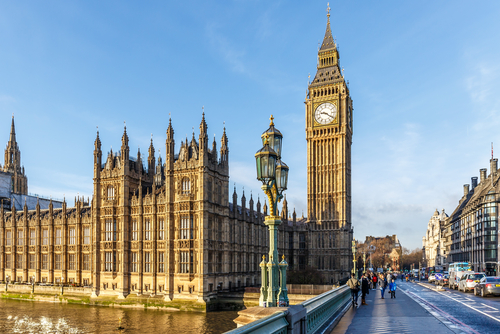
Labour’s plans on stamp duty are identified as a key area by the industry as the new government takes shape.
Rightmove property expert Tim Bannister believes making the existing stamp duty thresholds permanent for first-time buyers would be a start. “And then there is an opportunity to look at innovative solutions to help first-time buyers with both their deposit, and being able to borrow enough from a lender in the longer term.”
Livemore managing director of capital markets Simon Webb says that as Labour settles in the new watch word will need to be affordability.
“Labour’s manifesto prioritised maintaining current stamp duty exemptions for first-time buyers but has made no mention of extending this exemption to other buyers. Leaving older buyers trapped in large houses they can’t downsize from and locking younger buyers out. Regardless of how the new government plans to address the housing crisis, it is crucial that they listen to the industry first for guidance.”
MT Finance director Tomer Aboody insists stamp duty is the most obvious starting point for the new Labour administration. “We have long advocated for reform and reduction of the current system. While the Conservatives promised that they would permanently raise the threshold for first-time buyers to £425,000 if they won the election, I’d like to see Labour go further. Removing stamp duty for those who are downsizing would provide homeowners with an incentive to opt for smaller properties, while freeing up larger family homes. It could also help stimulate the property market.”
My Mortgage Angel mortgage adviser Sam Lindsay agrees about the need for stimulation. “Time will tell us a lot but the reality is the housing market desperately needs some impetus. The new Government needs to make some changes to get the market picking up pace again, and it needs to make those changes sooner rather than later. Changes to stamp duty would be welcomed, greater initiatives for both buyers and sellers alike and bringing a helping hand back to first time buyers would be a great place to start.”
BCLP global practice group leader of tax Elizabeth Bradley points to the impact on overseas property investors. “Labour has nailed its colours to the mast regarding an increase to the stamp duty charge for non-UK residents acquiring UK residential properties. Currently, they pay an additional 2% over a UK resident buyer. Labour plans to increase that surcharge by 1% to 3% to fund more planning officers as part of its strategy to get Britain building more homes.”
She adds: “This is unlikely to have significant impact on the build-to-rent sector as the abolition of multiple dwellings relief at the start of June has largely resulted in the sector paying commercial rates now. However, the sector may want to engage with the new government to persuade them to reinstate multiple dwellings relief for them on the basis that they provide much-needed new housing to the UK. Will they be preaching to the converted?”



